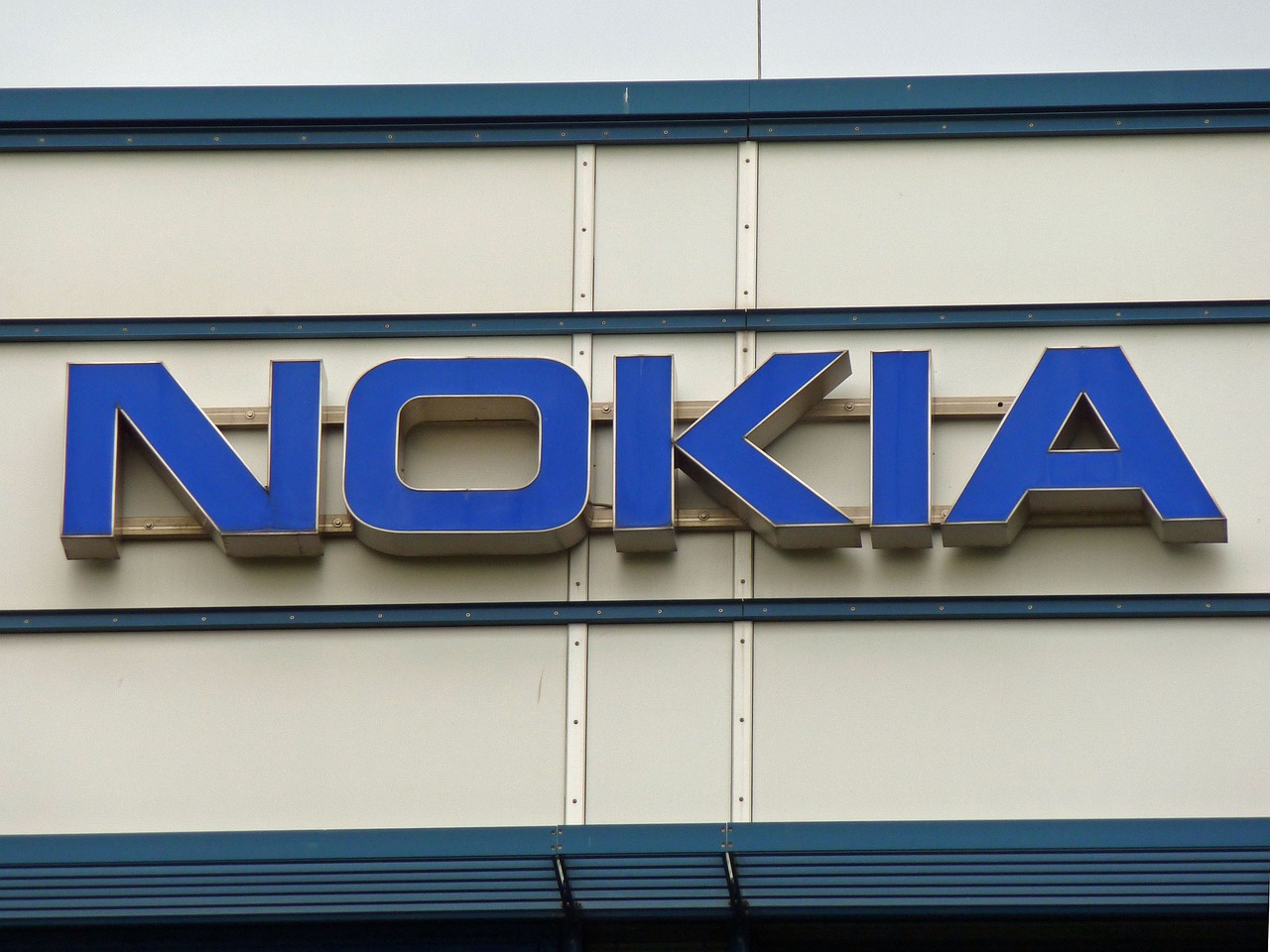Do you know the famous company NOKIA is from Finland?
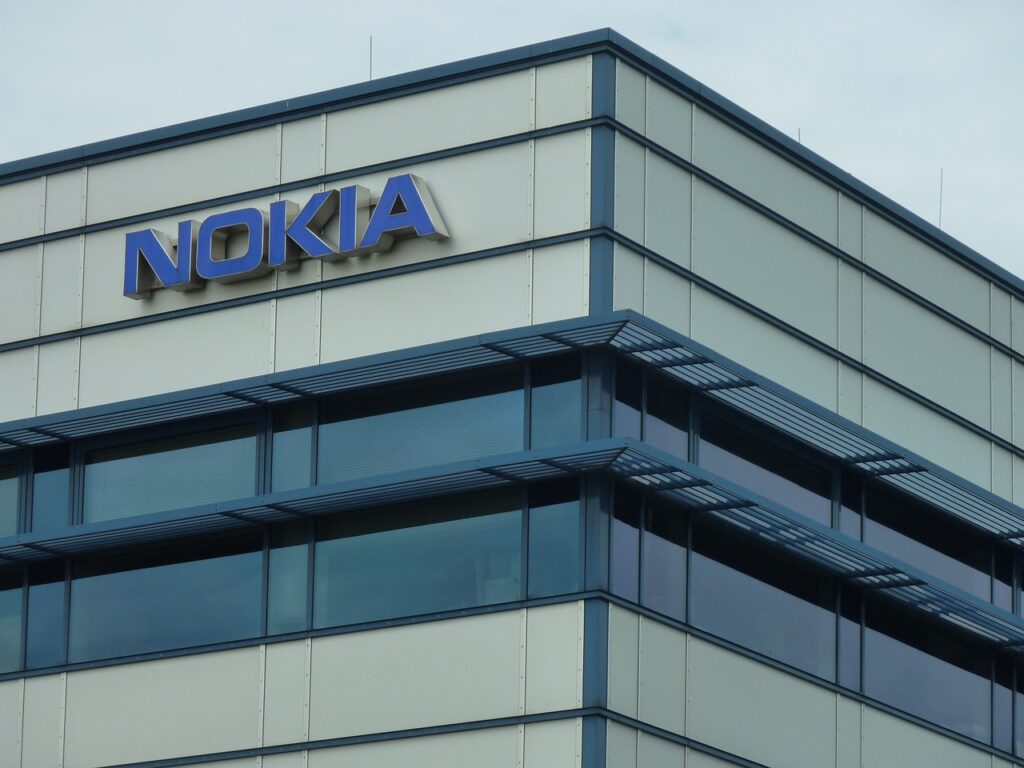
Nokia Corporation, known as Nokia in both Finnish (Nokia Oyj) and Swedish (Nokia Abp), is a prominent Finnish multinational company specializing in telecommunications, information technology, and consumer electronics. Founded in 1865, Nokia has established itself as a leading player in the global market. With its headquarters situated in Espoo and its origins tracing back to the Tammerkoski rapids in Tampere in 1865, Finland holds significant importance for Nokia. Despite operating globally with approximately 87,000 employees spread across around 130 countries, Nokia’s culture and operating principles remain deeply rooted in its Finnish heritage.
NOKIA started as a paper mill at first!
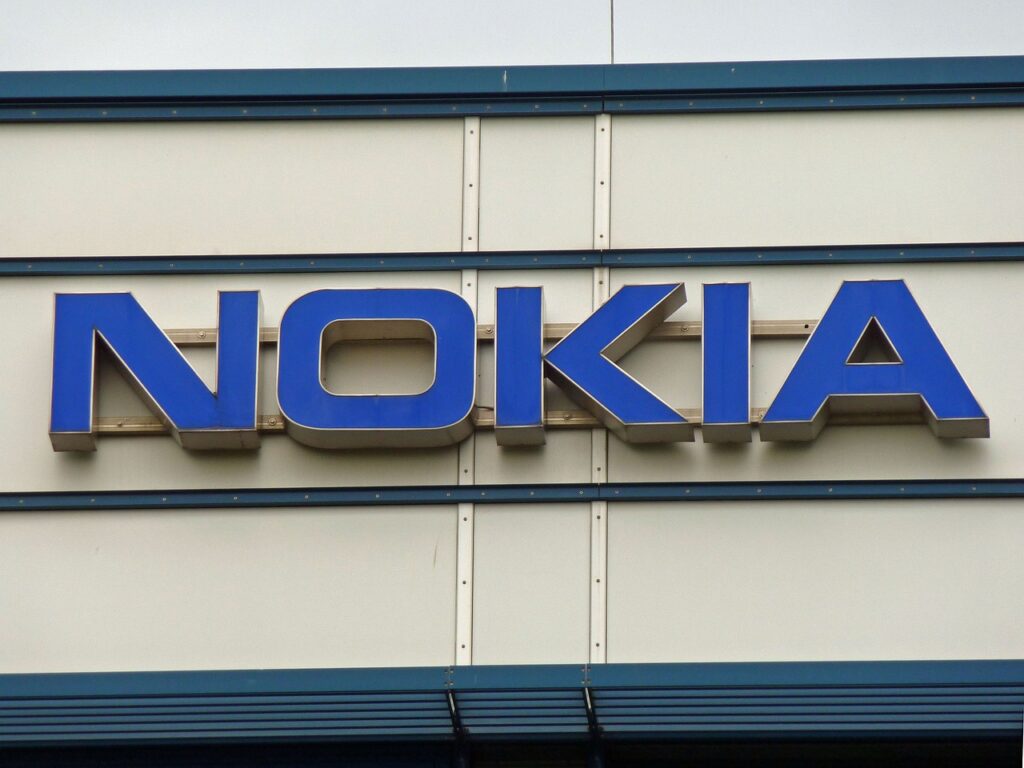
Nokia, renowned as a pioneer in phone manufacturing, has a fascinating history dating back to 1865 when it was established as a paper mill company in Finland by Fredrik Idestam, a Finnish mining engineer. Initially founded near the Nokianvirta River in a town called Nokia, the company adopted its name from its location, becoming Nokia Ab. Over the years, Nokia Ab diversified into electricity generation and was eventually acquired by a cable company in 1922, leading to the formation of Nokia Corporation. However, its focus was not yet on phones; instead, it produced various products ranging from toilet paper and automobile tires to bicycles, computers, and rubber shoes.
In 1979, Nokia ventured into mobile phone manufacturing by establishing a subsidiary named Mobira Oy. Collaborating with a Finnish TV manufacturer called Solora, Mobira Oy developed the first car telephone, albeit weighing over 10 kg, which proved impractical due to its weight. Nonetheless, Nokia’s acquisition of Solora in 1984 paved the way for the release of the world’s inaugural mobile phone, the Mobira Cityman 900. Since the 1990s, Nokia has concentrated solely on producing top-quality phones, solidifying its position as a leader in the mobile phone market. Thus, a company that originated as a paper mill transformed into a trailblazer in mobile phone manufacturing.

Finland & Nokia – A beautiful history
Nokia’s history predates Finland’s independence by over five decades, with its founding in 1865 preceding Finland’s attainment of independence in 1917. Originally established by founder Fredrik Idestam as a conglomerate involved in various industries, Nokia adopted its current name in 1871, inspired by a nearby town. Over the following century, Nokia transitioned through diverse sectors, including paper, rubber, robotics, chemicals, and finally, electronics and telecommunications in the 1970s.
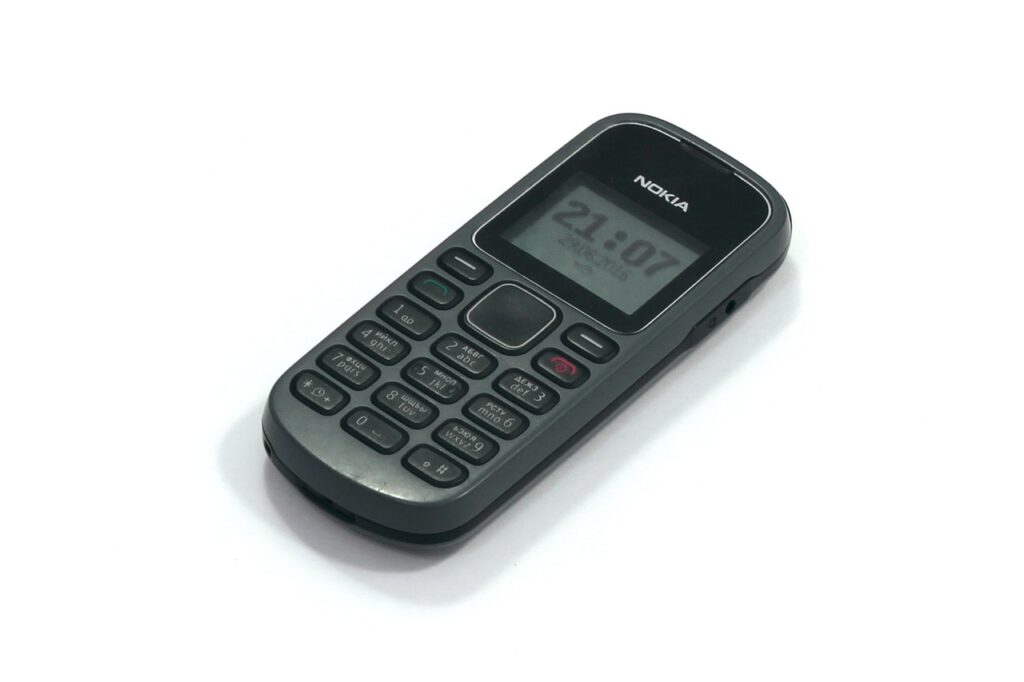
The symbiotic relationship between Nokia and Finland became evident during a shared crisis in the late 1980s. Finland underwent significant economic challenges, marked by deregulation, increased international loans, and a decline in exports following the collapse of the Soviet Union. Simultaneously, Nokia faced its own struggles after a period of overexpansion in the 1980s, exacerbated by the public suicide of group head Kari Kairamo in 1988.
Amidst these challenges, both Nokia and Finland made a pivotal decision to invest in the GSM mobile standard. Nokia played a crucial role in developing and implementing GSM, with Finnish Prime Minister Harri Holkeri making the first commercial GSM call in Helsinki over a Nokia-supplied network using a Nokia prototype phone. The Nokia 1011 became the first GSM phone on the market, and Nokia signed the world’s first network roaming agreement with Vodafone in 1992. GSM soon became the dominant network standard worldwide.
Over the subsequent eight years, Nokia experienced unparalleled growth, propelling Finland’s economy along with it. By 2000, Nokia contributed significantly to Finnish GDP, stock exchange market capitalization, corporate R&D, exports, and tax revenues. Internationally, Nokia reached its peak in 2006, commanding 41 percent of the global mobile phone market, a remarkable achievement for a company from a relatively small country.
Transformation of Finland with Nokia
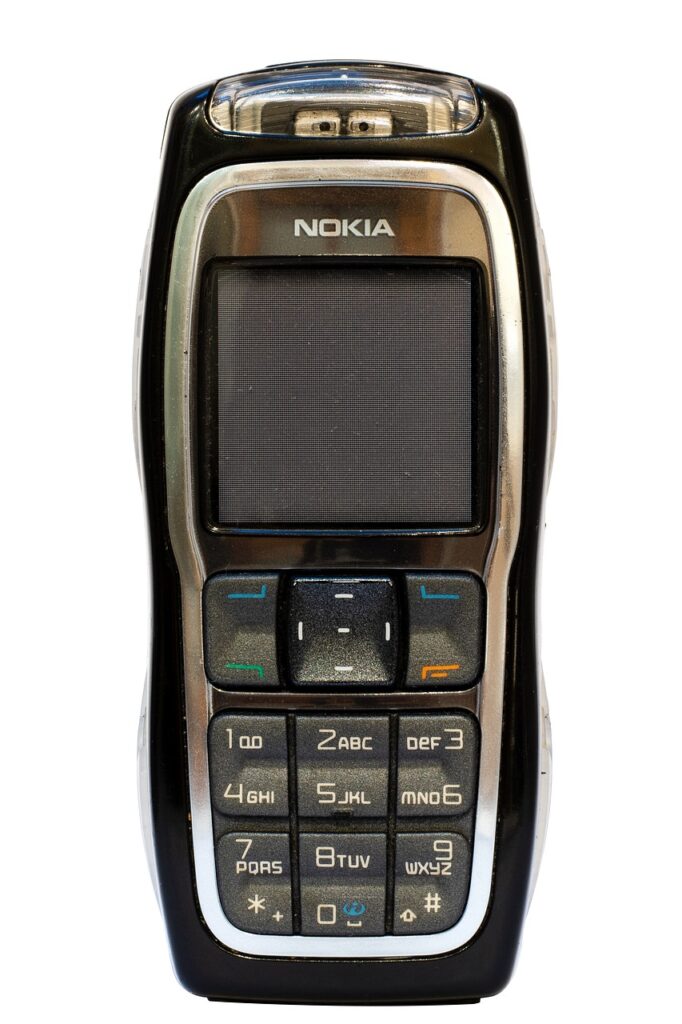
Finland’s remarkable transformation from a severe economic crisis to becoming the most information and communication specialized country in the world was closely intertwined with Nokia’s success. The Finnish government, through Tekes (The Finnish Funding Agency for Technology and Innovation), heavily invested in Nokia, financing a significant portion of the company’s projects during the 1990s. In return, Nokia contributed substantially to Finland’s economy, generating substantial tax revenue and creating a high demand for highly skilled workers.
This demand for skilled labor prompted significant changes to Finland’s educational system, which is now widely regarded as the best in the world. According to Alexander Stubb, Finnish Minister of European Affairs and Foreign Trade, Nokia’s success has played a pivotal role in Finland’s ascension to a top-ranking country globally. Finland has transitioned from being a top 30 country to now being recognized as a top 3 nation in terms of education, competitiveness, and GDP per capita. Nokia’s rise facilitated Finland’s transformation into a prosperous nation, marking it as a prominent success story over the past 25 years.
Nokia and Finland Growing together
Nokia’s success was intricately tied to Finland’s support and conducive environment. Finland’s increased public spending on research and development, coupled with close collaboration between Nokia and Finnish universities, fueled innovation and skill development. During its peak, Nokia made significant contributions to Finland’s economy, accounting for a substantial portion of corporate taxes, exports, and job opportunities. The Nokia brand became synonymous with mobile phones globally, elevating Finland’s reputation for technological prowess and quality. The enduring popularity of Nokia’s iconic models like the 3310 reflects this legacy, with the device often humorously hailed as indestructible.
IN CONCLUSION, The relationship between Finns and Nokia runs deep and evokes strong emotions. It was a partnership forged in the face of adversity that profoundly transformed both the company and the country.
